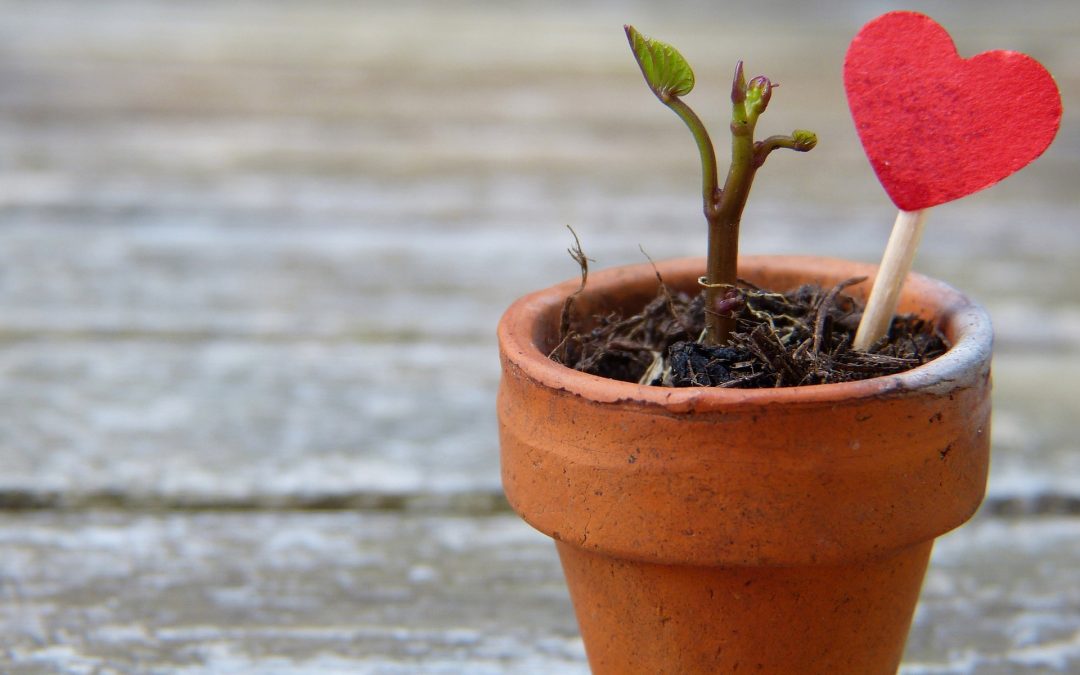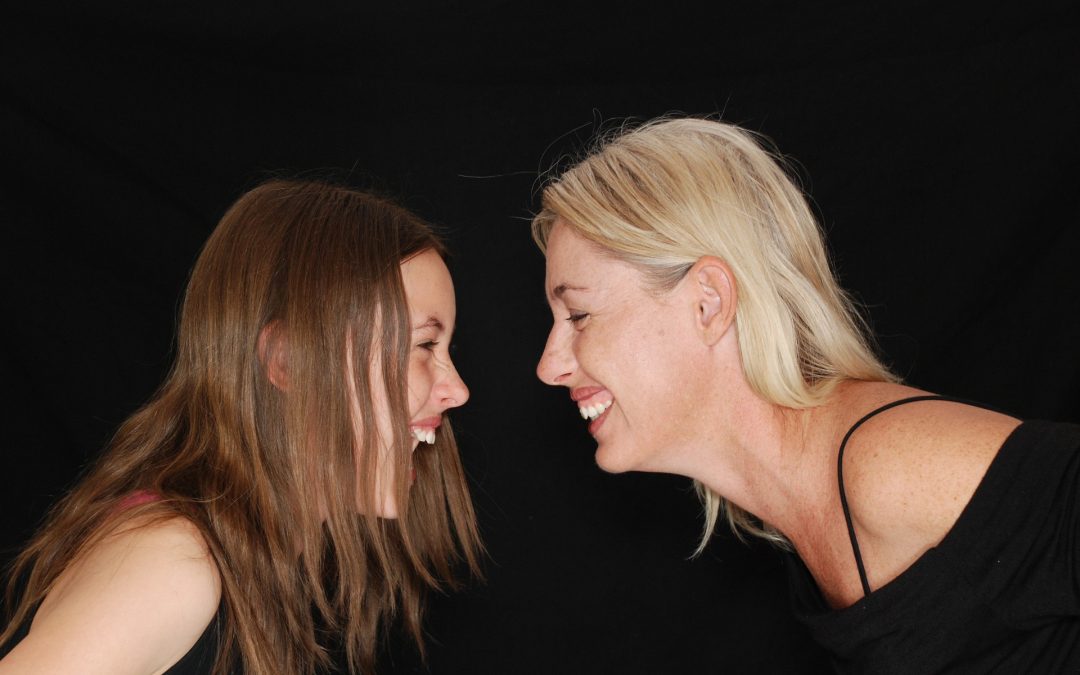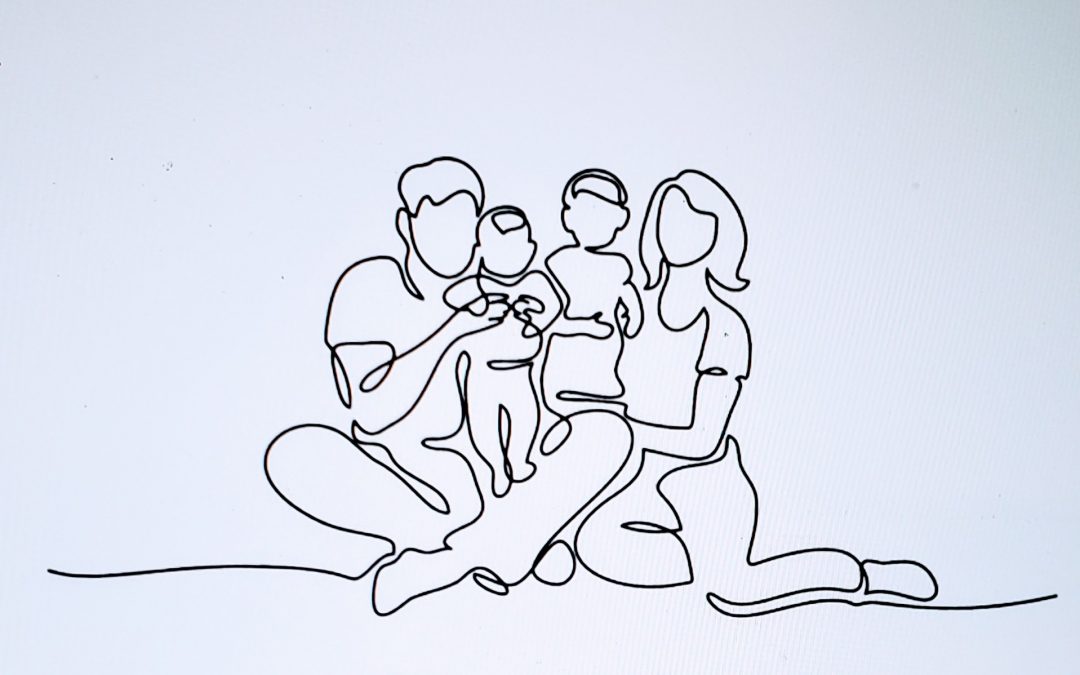
Nourish = Flourish
It’s hard to find someone who doesn’t want to improve. Even when it’s uncomfortable, most people spend time in private thinking about the parts of themselves that could use a tune-up. Learning something new, finding a better job, working on a healthier body, abandoning a questionable habit…there’s usually some renovation calling.
Fortunately, we’re wired to view our personal futures with hope. The vast majority of us have a tendency to overestimate the likelihood of positive things happening while simultaneously underestimating the potential for negative ones. The phenomenon of “optimism bias” has an evolutionary function since it allows us to see possibilities and approach our days with both courage and imagination.
This taps Carol Dweck’s fixed versus growth mindset work. Nearly every human endeavor is influenced by how we think about our talents and abilities. When a person’s mindset is driven by a belief in the ability to grow, they are more likely to grow. The view you adopt for yourself profoundly affects the way you lead your life.
Future optimism is obviously a useful trait, but here’s the rub: favorable events don’t just happen by magic. The best outcomes are usually the result of deliberate attention and action. Parents know this intuitively; it’s a primary reason for the time, energy, and resources funneled into children’s development.
We don’t dispute the benefits of devoting effort toward helping our kids develop in the best way possible. Yet somehow we fail to apply the same concept to our own lives. Why? Just because we’re done growing physiologically and we’ve found ways to function in the adult world doesn’t mean we’re done facing new changes and challenges.
The answer might be that because, as adults, we don’t always see ourselves as “becoming.” There’s a perception that once we reach a certain threshold (stage of life, milestone, etc.) and check off certain boxes, we’ve “arrived.” We learn to take small disappointments and unmet goals in stride with quiet resignation and accept our lot in life.
On the other hand, maybe you know someone who is a shining example of striving to improve but it’s at the expense of other areas of their life. Perhaps it’s the friend who directs all of their focus toward building a career but leaves their health on the backburner. Or the mom who throws herself into raising a family with passion, but forgets important parts of herself in the process.
Whatever the case, it’s never too late to find better balance and shift things into a forward gear again. The potential for the generous cultivation of oneself is always right there; it merely takes some deliberate, self-focused TLC. Unlike a pitch for selfishness, this is a call for investment. Positive change is always possible and follows a very simple equation: nourish = flourish.

About the Author
Kerry Galarza, MS OTR/L is the Clinical Director and a pediatric occupational therapist at Elmhurst Counseling. She provides specialized assessment and intervention with children of all ages and their families. Kerry engages clients with naturally occurring, meaningful home-based methods to empower autonomy and maximize functioning.




